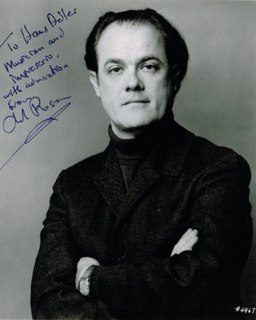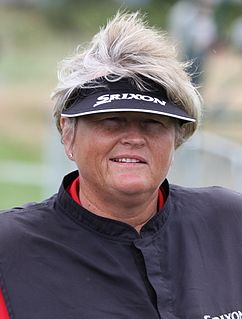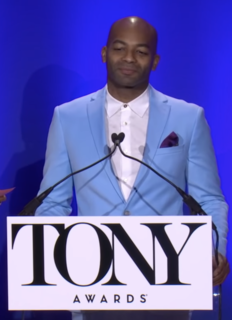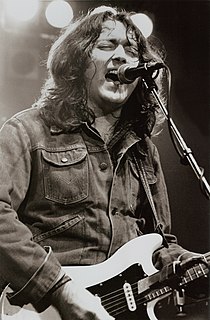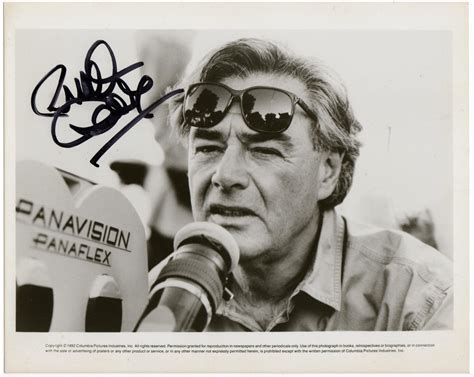A Quote by Andrew W.K.
I think all of our concerts, really, as parties. It's a performance for sure. It's not a recital. It's a celebration of that music.
Quote Topics
Related Quotes
It's so funny being a Christian musician. It always scares me when people think so highly of Christian music, Contemporary Christian music especially. Because I kinda go, I know a lot of us, and we don't know jack about anything. Not that I don't want you to buy our records and come to our concerts. I sure do. But you should come for entertainment. If you really want spiritual nourishment, you should go to church... you should read the Scriptures.
Playing live is much more natural for me. The instant reaction and the feedback from the audience is great for me. I really relish it. And if you play blues-based music, it's not really academic music or recital music. It really needs a bit of atmosphere and a bit of interplay and a bit of roughness, and you really get that with an audience.
There's definitely a melancholic ingredient in our concerts in the United States versus in other places. Many times people feel far away from their place of origin, from their traditions, from their people. And in a way, Café Tacvba's music brings them memories. It seems to connect them with all that they miss, because the concerts are very emotive and have lots of energy. We're very fortunate to have our music connect in that way.
I think this kind of bohemianism doesn't really exist in the New York city anymore - the bohemianism that I was trying to record in Carnegie Hall that completely defined our culture. The people who lived and worked in Carnegie Hall studios, they defined our culture in music, dance, theater, fashion, illustration. It wasn't so much nostalgic as a celebration of that and an acknowledgment of that and saying that it's really important. And it's actually something that is a loss for the city, I think.
For me music is pretty personal. I generally listen to it alone, and I've never been a lover of concerts. So I don't think I really bond with other people over music. That's not unique to music for me, either. I feel that way about film, television, art, everything. I read a book alone, so why wouldn't I listen to music alone?
I think I'm really part of a whole generational movement in a way. I think a lot of other people since and during this time have gotten interested in writing what we can still call experimental music. It's not commercial music. And it's really a concert music, but a concert music for our time. And wanting to find the audience, because we've discovered the audience is really there. Those became really clear with Einstein on the Beach.
In fact, entertainment has taken the place of celebration in the present world. But entertainment is quite different from celebration; entertainment and celebration are never the same. In celebration you are a participant; in entertainment you are only a spectator. In entertainment you watch others playing for you. So while celebration is active, entertainment is passive. In celebration you dance, while in entertainment you watch someone dancing, for which you pay him.

